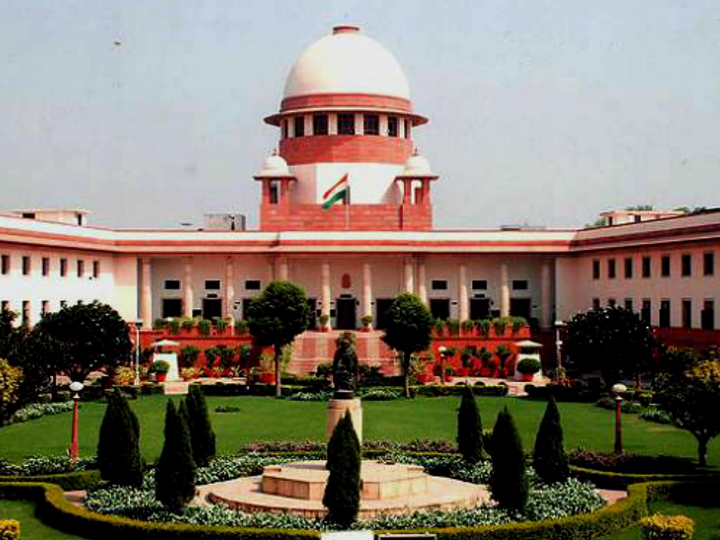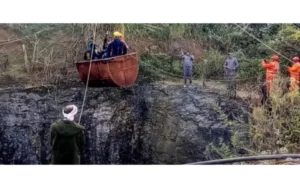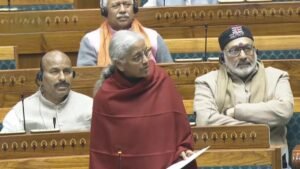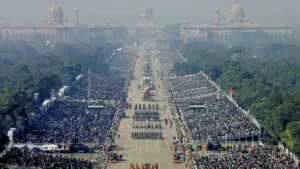Retrospective Green Clearances Verdict: On Tuesday, the Supreme Court overturned its own earlier ruling that prohibited the centre from issuing environmental permits in retrospect. It led to reinstating the government’s authority to approve projects against green standards.
A three-judge Supreme Court bench overturned that ruling by a 2:1 majority on Tuesday. Each judge provided a separate conclusion on over 40 review and modification petitions that were submitted in opposition to the Vanshakti ruling.
Justice Bhuyan dissented. He argued that there is no idea of giving retroactive environmental clearances to projects that violate green standards. Chief Justice BR Gavai and Justice K Vinod Chandran agreed to recall the verdict.
What was stated in the previous May order on Retrospective Green Clearances?
A bench of Justices Bhuyan and Abhay Singh Oka, who has since retired, determined on May 16 of this year that the decision to permit the retroactive issuance of environmental clearances was against the directive of the Supreme Court. The SC justified its ruling by stating that individuals who engaged in damaging operations without first obtaining environmental licenses would have been fully aware that their conduct was prohibited.

The Confederation of Real Estate Developers of India (CREDAI) then filed a review petition. They claimed that the real estate industry and other interdependent sectors suffered greatly. Happened as a result of the revocation of retrospective environment approvals.
“Projects valued at 20000 crore would be destroyed”
CJI Gavai stated that if retrospective permissions are prohibited, public construction worth Rs 20000 crore will have to be demolished. He added that such demolitions would result in more pollution. According to the court’s May ruling, those who carried out the initiative without the necessary clearance would have been fully aware that what they were doing was illegal.
The Confederation of Real Estate Developers of India (CREDAI) filed a review case. They claimed that the May ruling had seriously harmed the real estate sector and other interdependent industries. The union government provided an affidavit in favour of the CREDAI appeal. However, Justice Bhuyan stated that environmental jurisprudence was unfamiliar with the idea of retrospective clearances.







Be First to Comment